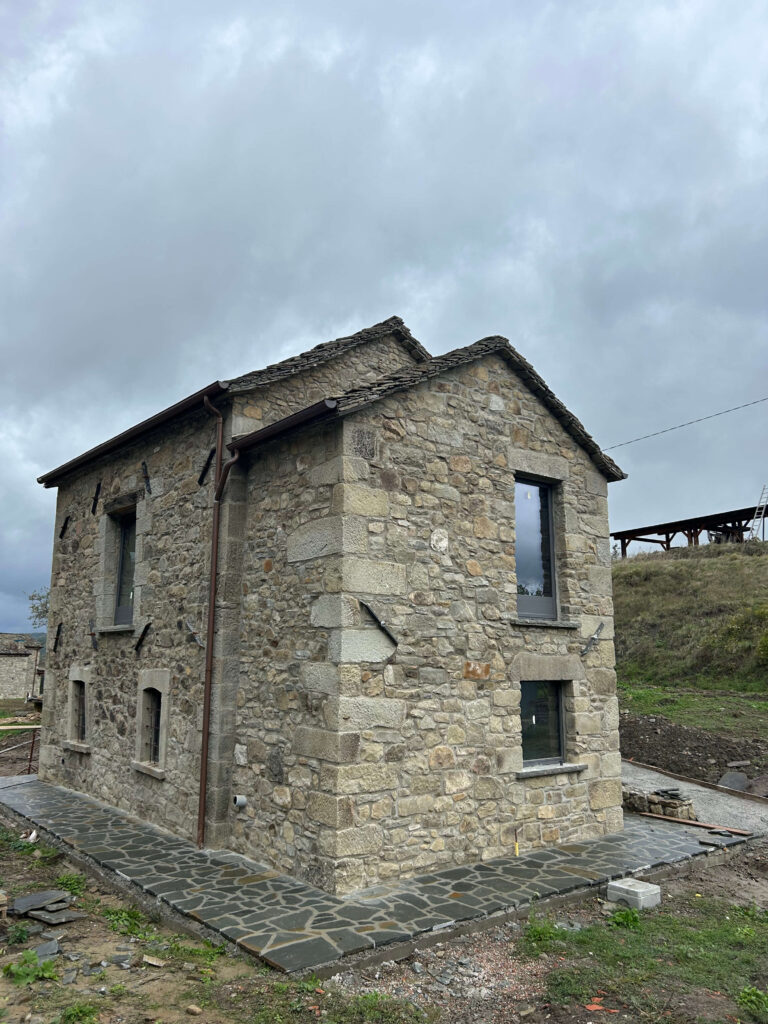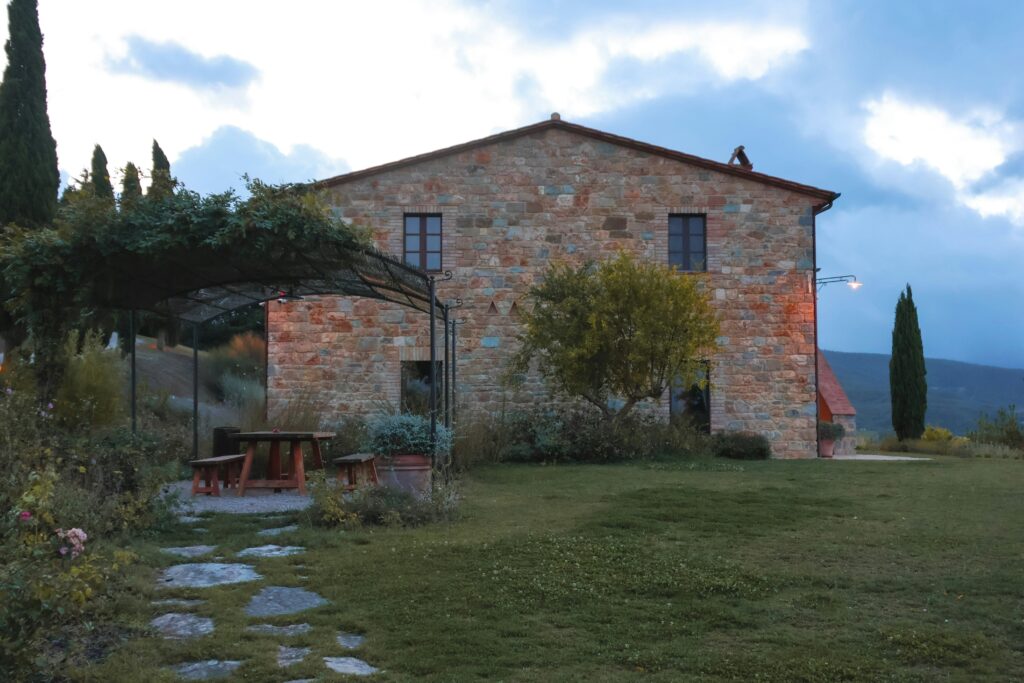A second home in Italy is a dream but what happens when you’re not there?
Whether your property is a cozy apartment in the hills of Piemonte or a villa in the countryside of Tuscany, proper care and maintenance are essential to avoid unpleasant surprises… and to enjoy every return with a light heart.
Here’s how to manage your home while you’re abroad; the essentials, the recommendations, and how a local property manager can make all the difference.
Why does your Italian home need care?
Italian homes, especially older ones, are beautiful but sensitive. Leaving them closed and unattended for months can lead to issues like:
- Moisture buildup and mold
- Frozen or burst pipes (especially in Northern regions)
- Electrical problems or outages
- Uncertainty about the status of the home at your return
- Missed bills or taxes
- Garden overgrowth or storm damage
- In worst cases, burglary or vandalism
Regular care and monthly checks are not a luxury they’re a necessity.
What to do before you leave
Whether you leave for two months or an entire season, here’s what you should always do before locking up:
Close the water supply
Especially in Northern Italy where temperatures can drop below freezing, turn off the main water valve to prevent frozen or burst pipes. In older homes, drain the pipes completely if you’ll be gone all winter.
Unplug unecessary appliances
Avoid electrical risks and save on phantom energy consumption. Leave fridge/freezer running if stocked — otherwise, empty and unplug.
Secura windows and shutters
Strong wind or storms are not uncommon. Close and lock all shutters to prevent broken glass or water infiltration.
Check for leaks, damp, or cracks
Moisture is a silent enemy in many Italian homes. Check ceilings, basements, and bathrooms before leaving.
Air the house
If you’re returning soon, leave one window partly open. If you’re gone for months, better to seal and monitor humidity remotely.
Ongoing maintenance
You may not be there physically, but your home still needs love.
Monthly checks
A local caretaker or property manager should visit regularly to:
- Air out the home to prevent mold
- Check heating systems and thermostats
- Look for signs of humidity or storm damage
- Collect mail and official documents
- Check the general status of the house
Seasonal maintenance
- Winter (especially in Northern Italy):
- Drain external taps and irrigation systems
- Check insulation, pipes, and roof for frost damage
- Maintenance of the boiled “caldaia”
- Spring/Summer Prep:
- Restart utilities
- Deep cleaning
- Garden and pool preparation
- Coordinate seasonal maintenance (gutter cleaning, pruning)
Don’t forget bureaucracy
While you’re away, life (and paperwork) continues in Italy.
A property manager can:
- Monitor and pay utility bills
- Handle local taxes (IMU, TARI)
- Coordinate with municipalities
- Represent you for postal or legal notifications
- Check that all the appliances work
Why call a property manager?
Hiring a trusted property manager (PM) means more than just home checks. It means having someone who treats your home as if it were their own and knows exactly how to handle the quirks of Italian houses, Italian bureaucracy, and Italian workers.
Here’s what a good PM brings:
- Local expertise and a network of reliable professionals
- Detailed monthly reports with photos
- Fast intervention in case of issues (storm, leak, break-in)
- Communication in your language
- Full coordination of cleanings, arrivals, and maintenance
- Trusted presence — your eyes, ears, and hands in Italy
Peace of mind
You bought a home in Italy to enjoy life, not to worry about pipes, paperwork, or problems.
With the right preparation — and the support of a local property manager — you can enjoy every visit with peace of mind and a warm welcome.
Looking for a trusted property manager in Italy?
We connect second-home owners with reliable local professionals across Italy who handle inspections, maintenance, mail, and much more.
Contact us for a free consultation — and enjoy Italy the way it was meant to be: beautiful, relaxing, and truly yours.

